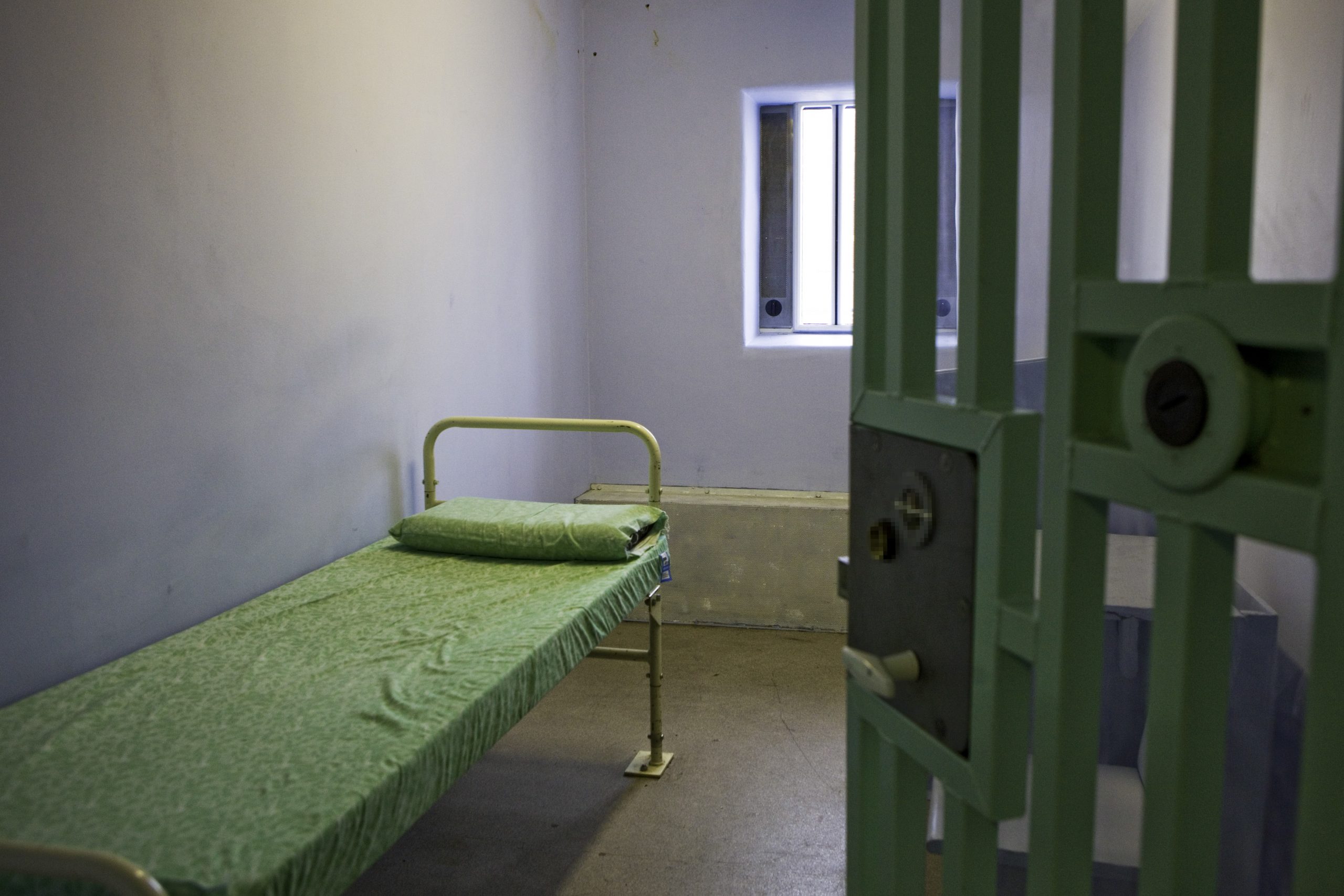A prisoner at London’s HMP Downview is calling for the UN to intervene over the government’s response to the Covid-19 crisis and effectively holding prisoners in solitary confinement for 23 hours a day. The 58-year-old, who suffers from asthma and borderline diabetes, claims conditions since the start of lockdown have caused mental anguish and severe risk to prisoners’ health breaching her human rights.
The prisoner, who has requested anonymity and is serving 18 months for fraud, has petitioned the UN’s Office of the High Commissioner for Human Rights (OHCHR) claiming her rights under the International Covenant on Civil and Political Rights (ICCPR) have been violated. The claim is made under articles six (right to life) seven (not to be subjected to torture, cruel, inhuman or degrading treatment or).
She says inmates have no access to soap and hand sanitiser and have been kept in their cells for up to 23-hours a day to maintain social distancing. As was reported earlier this week on the Justice Gap (here), the HM Chief Inspector of Prisons reporting on visits to three women’s prisons revealed a rise of self-harm in women’s prisons and women being allowed out of their cells for only 30 minutes a day. According to the woman, all visits from family and friends have been cancelled and inmates are suffering from a lack of fresh air and nourishing food. Women in prison all over the country are reported to be struggling with the emergency restrictions, which are expected to remain in place for the next 12 months.
If the petition is accepted by the Human Rights Council, it will seek a response from the UK government and may make recommendations over what steps should be taken. Along with claims of poor prison conditions, the petition accuses the Ministry of Justice of failing to properly implement its pledge to consider early release for around 4,000 inmates who are within two-months of their statutory release date to ease crowding in prisons. The policy also extends to prisoners who are pregnant. The policy has resulted in the release of just 81 inmates and only 14 pregnant women out of a possible 86.
‘The government’s answer to the ongoing pandemic is apparently to hold vast swathes of the prison population in solitary confinement for up to 23-hours a day,’ commented prison law barrister Carl Buckley, of Guernica 37 International Chambers. ‘This wholly inappropriate response fails to consider the physical and mental health concerns of all vulnerable inmates and amounts to discriminatory practices.There are a significant number of inmates who do not pose any risk and who could be appropriately released, yet there appears to be a refusal or reluctance to do so.’
The inmate’s complaints are backed by The View Magazine, a publication campaigning for better treatment of women in prison. “Prison should not be a death sentence, but the conditions being experienced by women in prison across the country right now is putting their lives and mental health at risk,’ said Clare Simms, editor of The View Magazine.
Professor Richard Coker, emeritus professor of public health at London School of Hygiene & Tropical Medicine, drafted a report on the transmission of the virus in prisons.He is backing the petition. ‘Covid-19 has cast a long-needed spotlight on how we look after those we incarcerate, how so often their needs are ignored, and how so often we neglect our duty of care to them,’ he said.
‘The virus is highlighting how we, as societies, view those we incarcerate. As we seek to remove their liberty we should reflect on how we ensure their right to life. Our humanity is being tested and, I fear, through maintaining high levels of incarceration during this crisis we are failing them and ourselves.’
Prof Coker







